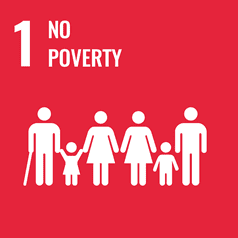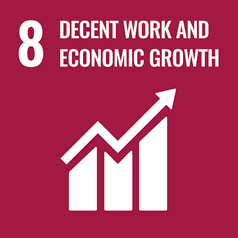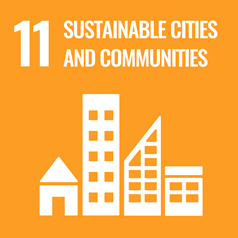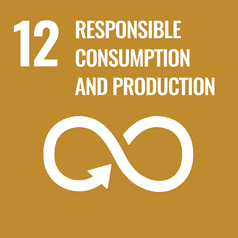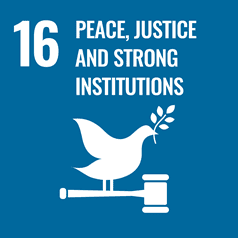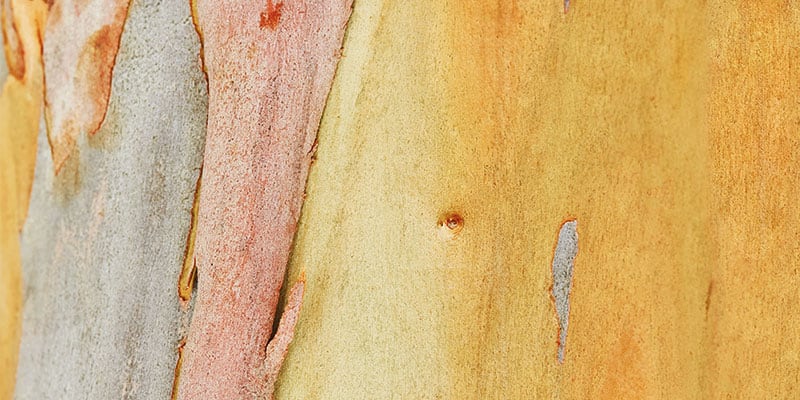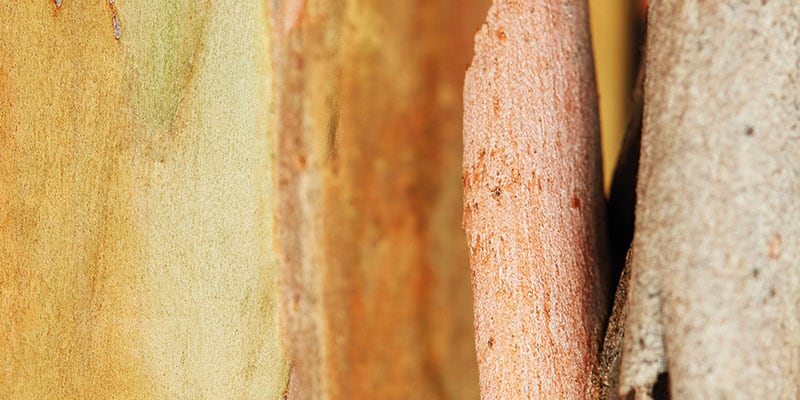Our commitment to Indigenous Higher Education, Innovation and Engagement
We are proud of our record in Indigenous higher education, innovation and engagement, which has been driven by relationships with the Indigenous community and through the work of the Wollotuka Institute.
We are the sector leader in terms of Indigenous student enrolments and the employment of Indigenous staff, and commit to building on this strength and extending our collaboration and partnerships with Indigenous peoples of our regions and beyond.
Aboriginal and Torres Strait Islander cultures, knowledge and experiences are fundamental to Australia's social, economic and cultural wellbeing.”
Alice Springs (Mparntwe) Education Declaration
Commitment
Our Commitment
We are guided by the Wollotuka Cultural Standards, expressed through our inter-institutional relationships.
Our relationships are based on the principles of reciprocity, accountability and respect. Through these principles, we commit to:
- Pursuing the highest rates of success of Aboriginal and Torres Strait Islander students across all disciplines
- Becoming the leading university for global Indigenous comparative studies, research and educational approaches
- Being the preferred employer and partner university for Aboriginal and Torres Strait Islander people and communities
- Nurturing an environment where Aboriginal and Torres Strait Islander stakeholders are challenged to innovate in culturally affirming, globally aware ways.
Our activities will further be informed by the Universities Australia Indigenous Strategy, the University of Newcastle Indigenous Higher Education Framework and our Reconciliation Action Plan.
Bula Wiyawiyelli – ‘those two [who] are talking’
Initiatives
Key initiatives
Meaningful engagement in our regions
We seek to co-develop initiatives to grow the economic potential of our regions. Drawing from the wisdom of knowledge traditions will give us the best chance to achieve the best results for everyone in our communities. Through the inclusion of Indigenous knowledge, we will champion multidisciplinary research and collaboration to find solutions that benefit our community.
Reconciliation
The 60,000 years of Australia’s First Peoples cultures are the foundation to our identity as an Australian university. Reconciliation between Indigenous and non-Indigenous Australians is everyone’s responsibility and benefits all. We will provide an environment that is free from racism and discrimination, and embrace a united approach to equality and inclusiveness.
Our practices will be consistent with the UN Declaration on the Rights of Indigenous Peoples and the State of Reconciliation in Australia Report. We are especially mindful of the impact we can have in terms of institutional integrity as a leading voice for reconciliation in our regions.
Progress

Central Coast twins tackle university to support local mob
Juggling work, study and sport could be challenging for Wiradjuri/Gomeroi twins, Bailey and Leigtham, but there is a clear mission that drives them forward.
Read more

Leading with respect: University launches Cultural Capability Training for industry
The University of Newcastle will take a leading role in shaping more inclusive, respectful and culturally responsive workplaces, opening its renowned Cultural Capability Training to businesses and organisations across the region.
Read more

Honouring a trailblazer: New lecture series celebrates Professor Bob Morgan’s legacy
The University of Newcastle is proud to announce a new lecture series honouring Professor Bob Morgan AO, a globally recognised leader in Indigenous education, research, and knowledge.
Read more

University recognised at AFR Higher Education Awards
University of Newcastle’s researcher Professor Matt Dun and the Wollotuka Institute were recognised at last night's Australian Financial Review Higher Education Awards, which highlight the contribution that the Higher Education sector makes to Australian life.
Read more

Commonwealth Supported Place postgrad initiative empowers Kieran to pursue surgical dreams
Kieran Cubby, a proud Wiradjuri/Murrawarri man from Dubbo, is on a determined path to becoming an orthopaedic surgeon – a dream that once seemed out of reach.
Read more

Team Wollotuka named back-to-back national champions
The University of Newcastle has been announced as the 2025 Indigenous Nationals winner for the second year in a row, after a group of talented students retained the trophy at the annual university sport games.
Read more
Goals
Our
2025
goals
Excellence
We will be world leaders in Indigenous:
- Health research
- Education research
- Global histories research
- Language research
Equity
Our Indigenous staff representation will achieve parity for our region and will extend our position as the leading university in Indigenous staff participation across the country. We will employ and develop Indigenous academic staff across all faculties in the University.
Engagement
Our Indigenous students and staff will be supported, increasing retention rates across all areas of the University.
Sustainability
We will work with Indigenous people and be guided by Indigenous knowledges to look after and promote country and culture. We will embed the use of traditional knowledge into our campus design and planning processes.
Framework
Our Education and Research Framework
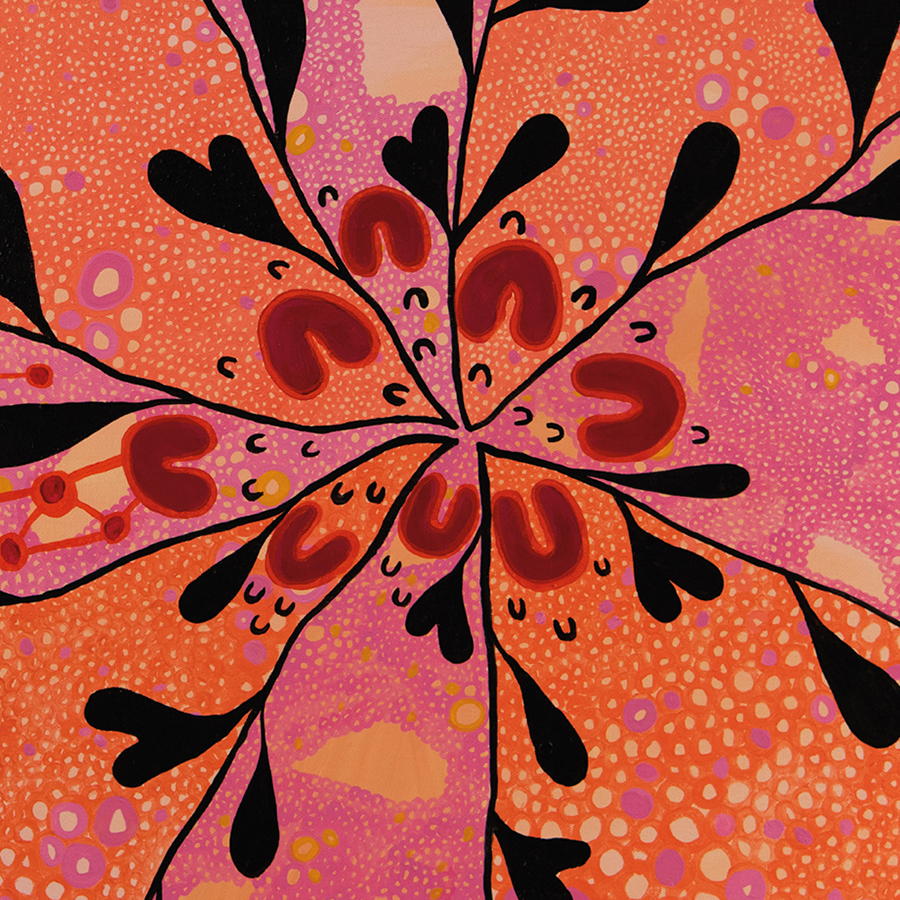
This Framework is interconnected with a number of strategies and plans across the University, our community and the Higher Education sector.
It does not delve into the detail of each - but rather points to the relevant strategy, plan and contact point to connect and collaborate with.
Aboriginal and Torres Strait Islander education and research is everyone’s responsibility. It is how all of us, Indigenous and non-Indigenous, can learn, research and apply Aboriginal and Torres Strait Islander ways of knowing and being.
This Framework will see the University, our communities and our region work together to achieve excellence.
In focus
Closing the gap
To help improve life outcomes for Indigenous peoples we will build new partnerships while strengthening existing partnerships with local Aboriginal organisations.
With our strengths in medicine, health and education, we are well-placed to help improve life expectancy, child mortality, and early childhood outcomes. The University has a leading role to play in achieving better outcomes in education attainment and employment for our Aboriginal communities.
Aligned with the United Nations Sustainable Development Goals
Traditional Custodians
The University of Newcastle acknowledges the traditional custodians of the lands within our footprint areas: Awabakal Nation, Darkinjung Nation, Biripai Nation, Worimi Nation, Wonnarua Nation and Eora Nation. We also pay respect to the wisdom of our Elders past and present.
The University of Newcastle acknowledges the traditional custodians of the lands within our footprint areas: Awabakal, Darkinjung, Biripai, Worimi, Wonnarua, and Eora Nations. We also pay respect to the wisdom of our Elders past and present.
